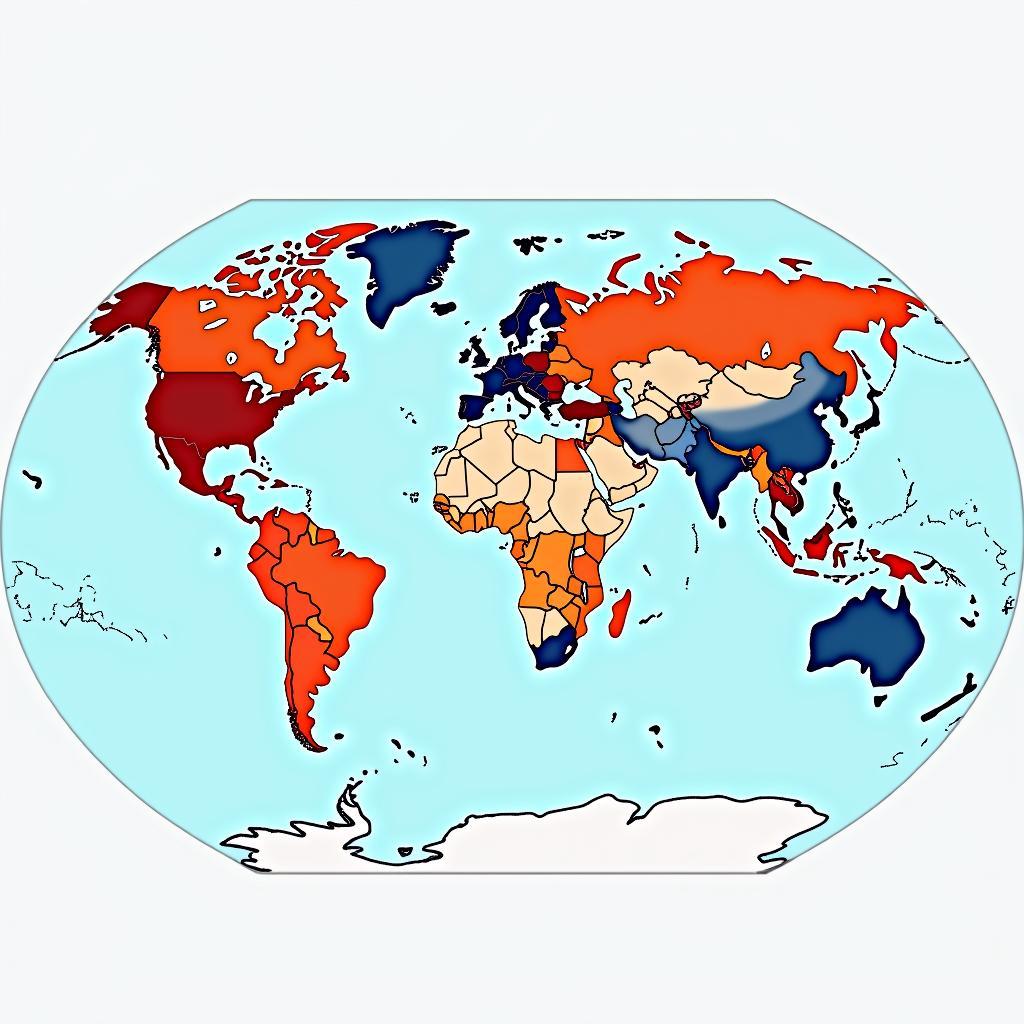Managing water scarcity has become one of the most pressing global issues in recent years, affecting countries and communities worldwide. Because of its relevance and urgency, this topic often appears in IELTS Reading tests. If you are preparing for the IELTS exam, it is crucial to familiarize yourself with reading passages on current global challenges, including water scarcity. Understanding the types of questions and vocabulary you may encounter will significantly improve your performance.
IELTS Reading Practice Passage: Water Scarcity Challenges
Passage
Water scarcity affects billions of people worldwide and poses significant challenges to sustainable development. It involves the limited availability of sufficient and clean water for consumption, agriculture, and industrial use. The root causes include climate change, population growth, pollution, and poor water management. Addressing water scarcity requires comprehensive strategies involving technological innovation, efficient water usage, policy reforms, and international cooperation.
One major challenge in managing water scarcity is the uneven distribution of freshwater resources. While some regions, such as North America and Europe, have abundant water supplies, others, particularly in Africa and the Middle East, face severe shortages. These disparities necessitate tailored solutions that consider local contexts and needs.

In agriculture, responsible for approximately 70% of global water consumption, water-saving technologies and practices are essential. Drip irrigation, for instance, minimizes water wastage by delivering water directly to plant roots. Additionally, developing drought-resistant crop varieties can reduce the vulnerability of food production to water scarcity.
Industrial water use, accounting for about 20% of global consumption, also demands efficient management. Industries can adopt recycling wastewater practices, reducing their freshwater intake and mitigating pollution. Implementing stricter regulations on industrial discharges can further ensure water quality.
Another significant aspect is the role of policy and governance. Governments must implement policies that promote water conservation and facilitate access to clean water. International cooperation is crucial in managing transboundary water resources, ensuring equitable distribution and avoiding conflicts.
Questions
Multiple Choice
- Which of the following is NOT mentioned as a cause of water scarcity?
- A. Climate change
- B. Overfishing
- C. Population growth
- D. Pollution
- What percentage of global water consumption is attributed to agriculture?
- A. 20%
- B. 50%
- C. 70%
- D. 90%
Identifying Information (True/False/Not Given)
- Water scarcity only affects African and Middle Eastern countries.
- Drip irrigation helps to reduce water wastage.
- Industrial water recycling practices can mitigate pollution.
Matching Information
- Match the following challenges with the proposed solutions:
- A. Agricultural water usage – [i] Recycled wastewater
- B. Industrial water usage – [ii] Drought-resistant crops
- C. Transboundary water management – [iii] International cooperation
Answer Keys
Multiple Choice
- B. Overfishing
- C. 70%
Identifying Information
- False. The passage states water scarcity affects billions of people worldwide, including but not limited to African and Middle Eastern countries.
- True. The passage mentions that drip irrigation minimizes water wastage by delivering water directly to plant roots.
- True. The passage indicates that recycling wastewater reduces freshwater intake and mitigates pollution.
Matching Information
- A – ii
- B – i
- C – iii
Lessons Learned
Common Errors
Many test-takers struggle with distinguishing between similar answer choices and interpreting complex information accurately. It is essential to read thoroughly and understand the passage’s details and nuances.
Vocabulary
Here are some challenging words from the passage:
- Scarcity: (noun) /ˈskeər.sə.ti/ – A situation in which something is not easy to find or get.
- Transboundary: (adjective) /trænsˈbaʊn.dər.i/ – Extending across or existing at the boundaries between countries.
- Mitigate: (verb) /ˈmɪt.ɪ.ɡeɪt/ – To make something less harmful, unpleasant, or bad.
Grammar Points
Candidates must pay attention to complex sentence structures, such as the use of relative clauses for providing additional information. For example:
- “Implementing stricter regulations on industrial discharges can further ensure water quality.”
- Structure: “Implementing [noun phrase] can [verb] [additional information].”
Advice for a High IELTS Reading Score
- Practice Regularly: Familiarize yourself with different topics and question types. The more you practice, the better your reading speed and comprehension.
- Expand Your Vocabulary: Learn new words and understand their usage in different contexts. This will help you understand the passages better.
- Develop Skimming and Scanning Techniques: Skim to get the general idea and scan for specific information. This approach saves time and helps in answering quickly.
- Understand the Question Types: Know the different types of questions and how to approach them. This will help you tackle them efficiently during the test.
For further reading and practice, you can check out our articles on global water scarcity solutions and why has water become an important resource in IELTS.